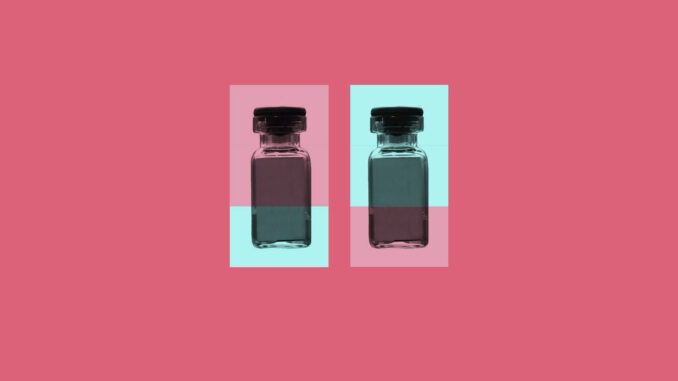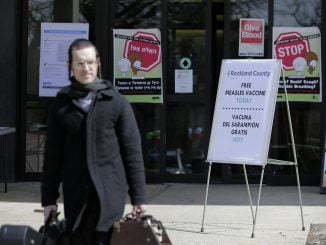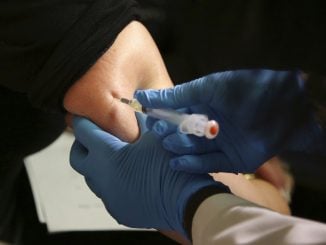
Can COVID-19 vaccines be mixed and matched?
Health officials say both doses should be of the same kind.
The COVID-19 vaccines rolling out in the United States, the United Kingdom and other parts of the world so far require two shots given a few weeks apart.
In the U.S. where vaccines from Pfizer and Moderna are being distributed, health officials say the two aren’t interchangeable even though they’re made similarly.
In “exceptional situations” when the same kind isn’t available or if it’s not known what was given for the first shot, the U.S. Centers for Disease Control and Prevention said in recently updated guidance that it’s OK to give whichever vaccine is available for the second shot.
The agency noted that the recommendations could be updated as more information becomes available, or if other types of vaccines are authorized for distribution.
The CDC also said the doses could be given up to six weeks apart if it’s not possible to give the second dose at the recommended interval. For the Pfizer vaccine, the second dose is recommended three weeks after the first. The second shot of the Moderna vaccine is supposed to be four weeks later.
“After posting our initial guidance, we received feedback that some flexibility in our language might be helpful,” CDC spokeswoman Kristen Nordlund said in an email.
The original recommendations on doses and timing should still be followed, but the agency didn’t want its guidance “to be so rigid that it creates unintended barriers,” Nordlund said.
Officials in England, where shots by Pfizer and a different type of vaccine by AstraZeneca are available, also say the doses should be consistent. But in rare cases, they say a mismatched dose is better than partial protection.


